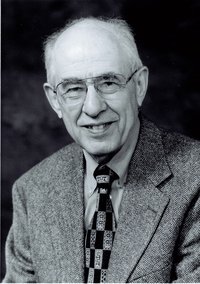Is it possible to formulate a universal method of prediction? PhD candidate Tom Sterkenburg of CWI’s Machine Learning group argues in his thesis that it is not. He will defend his thesis on 18 January 2018.
A central question in the philosophy of science is whether we can give a mathematically precise account of scientific reasoning. For well over a century, philosophers have sought to formulate such a "logic of science," drawing heavily from methods in statistics and, more recently, machine learning. This old philosophical question finds a modern expression in speculation about a fully computerized and data-driven science.
Many believe that the most fundamental component of scientific reasoning is prediction. The search for a logic of science then reduces to the search for a specification of a universal prediction method: a method that would always be able to learn from observation data and extrapolate these into maximally successful predictions. Sterkenburg investigated a particular proposal for the mathematical definition of a universal prediction method.
This proposal essentially aims to combine all possible prediction algorithms in one universal method. An alternative interpretation is that this definition formalizes the idea that learning from data is equivalent to compressing data. In this guise, the definition is often presented as an implementation and even as a justification of Occam's razor, the scientific principle that we should look for simple explanations.
The conclusions of Sterkenburg's investigation are negative. He shows that the proposed definition fails to unite two necessary conditions to count as a universal method, and argues that indeed no definition can. He also shows that the suggested justification of Occam's razor does not work, and argues that the relevant notion of simplicity as compressibility is already problematic itself.

Could the scientific method be completely automatized? The influential philosopher Hilary Putnam (1926-2016) already in the 1960's launched a mathematical argument against this possibility. Source photo: Dr. Putnam.
Header image: Shutterstock.
